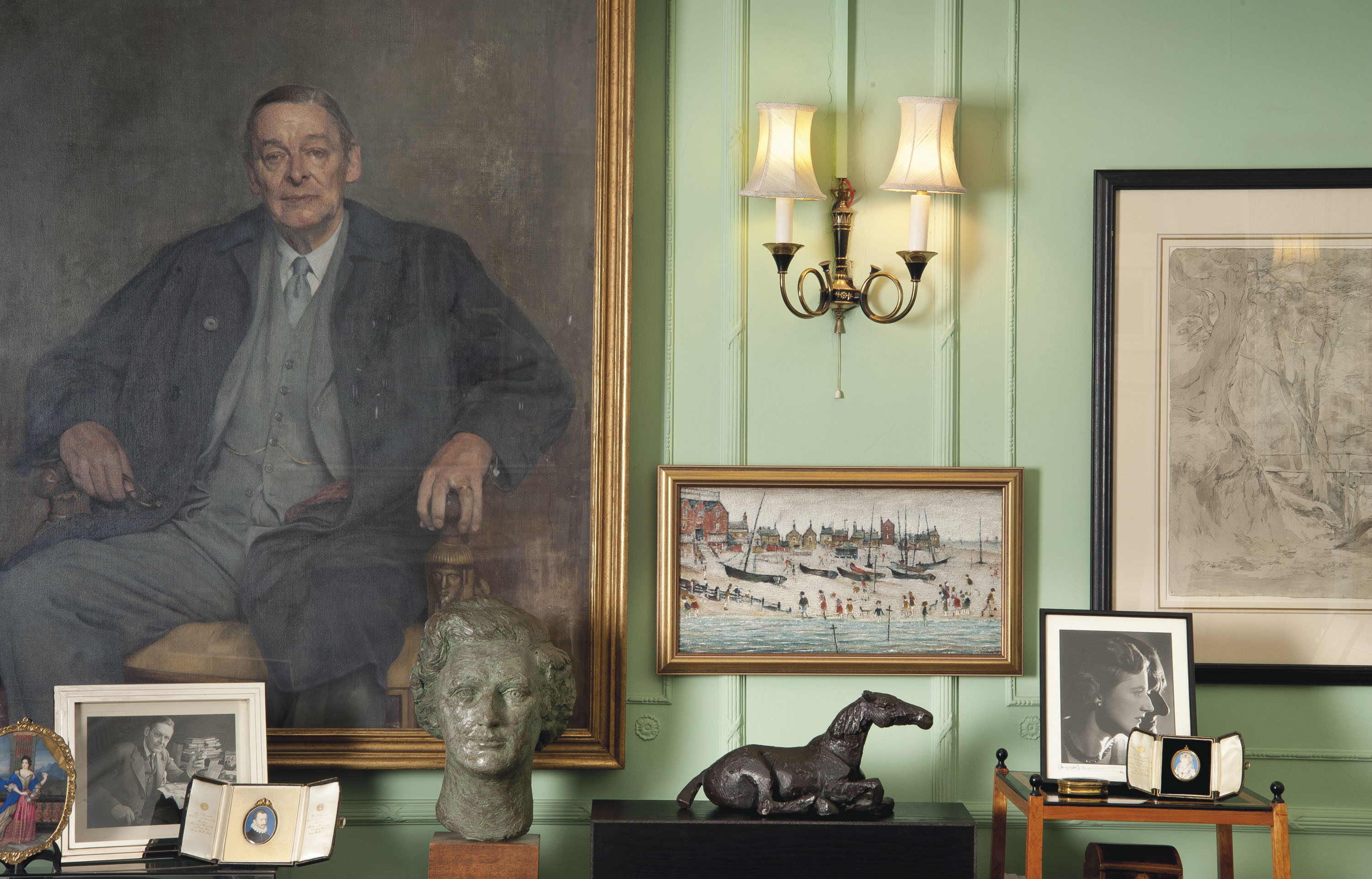In this fourth volume of collected letters, the limitations of the project show up clearly. T.S. Eliot's correspondence documents his life but rarely expresses it. He reliably transcribes some aspect of what he thinks, but the form doesn't spark new thoughts in him as it does in other writers — not necessarily companionable ones — such as Samuel Beckett, Philip Larkin or James Joyce.
By this stage of his life, temperamental resistance was intensified by professional circumstance. Eliot was a director of a publishing house (Faber and Gwyer, which became Faber and Faber during the period covered by this volume) and editor of a literary monthly, the Criterion. It follows that much of his correspondence has to do with soliciting or refusing submissions and is generically similar to the business exchanges of other publishing professionals, those who were not independently creative, let alone on course for a Nobel Prize.



